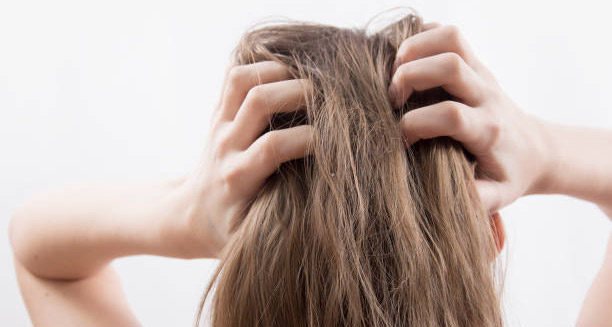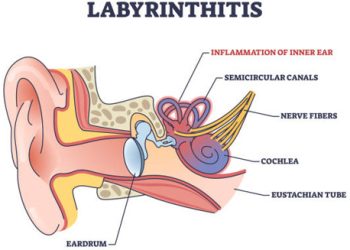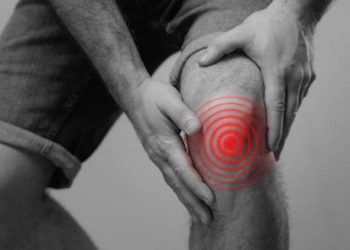Symptoms of Head Nits
The symptoms of head nits are closely tied to the broader experience of lice infestation. Although nits themselves do not cause direct discomfort, their presence is usually accompanied by other signs that indicate active lice. Recognising the symptoms of head nits is crucial for early detection, treatment, and prevention of spread.
The primary symptom associated with nits is itching of the scalp. This is caused by an allergic reaction to the saliva of feeding lice, not the nits themselves. Itching is often most intense around the nape of the neck and behind the ears—areas where lice are commonly found and where nits are laid.
Scratching the scalp may lead to secondary symptoms such as redness, inflammation, and tiny abrasions. These areas can become tender and may be at risk for bacterial infection if left untreated. In children, intense scratching may cause sleep disturbances and behavioural changes, including irritability or reluctance to have their hair brushed.
Symptoms of Head Nits
Visual symptoms are also significant. The discovery of small, oval-shaped nits clinging to hair shafts is often the first sign of infestation. Parents or caregivers may notice these during grooming or while investigating reports of itchiness. Nits located within 6 mm of the scalp indicate recent egg-laying and a potential for hatching.
Psychological symptoms should not be overlooked. Children may experience embarrassment, anxiety, or distress upon learning they have nits or lice. In school settings, this can result in social withdrawal or teasing by peers. Adults may experience stress or frustration, especially if infestations are recurring or difficult to resolve.
Unlike adult lice, nits do not move or bite, but their presence often indicates that lice are or were recently active. This indirect link between nits and infestation drives the urgency for treatment even in the absence of live lice.
Symptoms of Head Nits
In cases of heavy infestation, the sheer number of visible nits can be alarming and contribute to greater discomfort, both physical and emotional. Reactions from peers, family, and schools may intensify these symptoms if not handled with discretion and empathy.
In conclusion, while the symptoms of head nits are largely indirect, they signal the need for prompt assessment and management. Itching, visible eggs, and secondary irritation form the typical symptom profile and serve as a call to action for effective intervention.
[Next: Treatment of Head Nits →]


